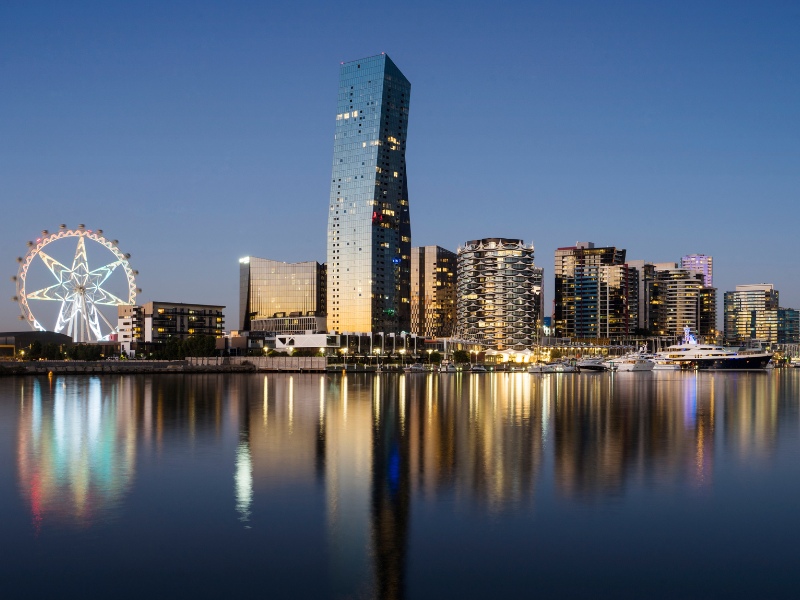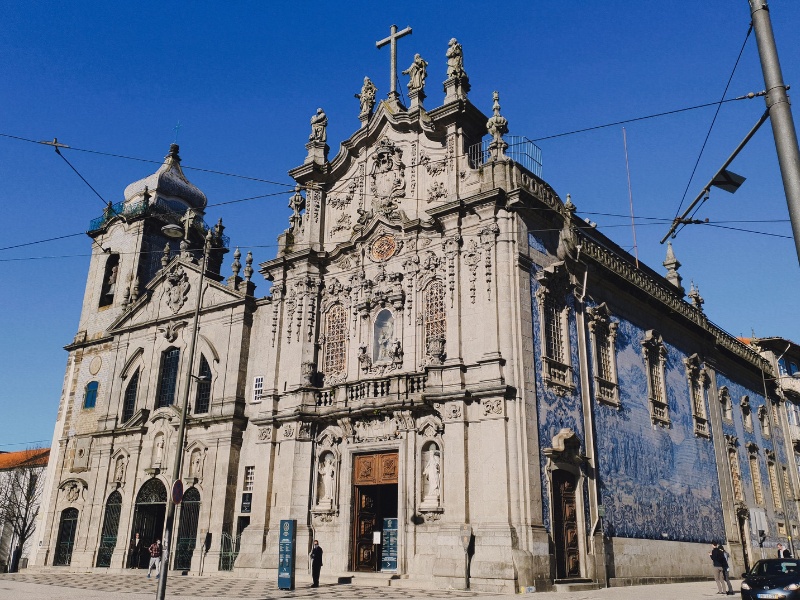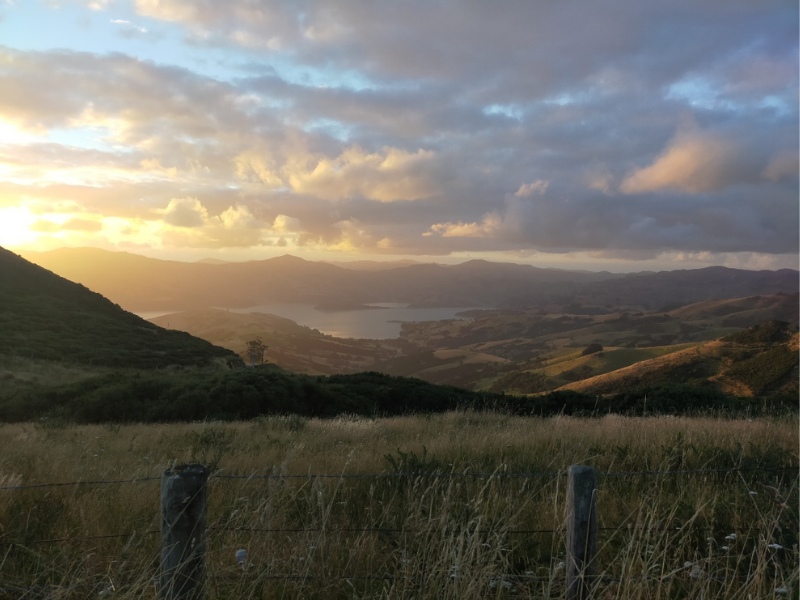As part of our new series ‘wildlife Wednesdays,’ we’re speaking to travellers from all over the world about their experiences with ethical animal encounters.
We kick off our first one with Angie, whose work we have been following closely through her Instagram and blog ‘boots on the ground’. Angie spends her days working closely with the anti-poaching teams in Africa to help try and prevent some of the precious wildlife over there. Through her photos and videos Angie wants to help raise awareness and hopes that maybe one day, we’ll see poaching come to an end.
We wanted to find out more about her work, what drove her to move to the other side of the world to do it and importantly; How can travellers help support African wildlife conservation. Here’s what she had to say;

I find the work you do very inspiring, as do many of your followers, but what was it that inspired you to change your life and do what you do now?
You moved across the world to do what you love. What advice would you give to someone who’s perhaps struggling to do the same?

Fighting against poaching and seeing how it disrupts the animal kingdom must be hard, what gets you through a rough day?
Do you think tourism to Africa, and ultimately more education, could lead to the end of poaching? What else could we, as humans, be doing?

For anyone looking to visit Africa for its wildlife, what advice do you have? What’s the best way to ensure they are having a truly ethical experience?
If you do decide to head over for an ethical wildlife experience, here’s post that will help you figure out what to pack for an African safari!
It’s often in the news that there are a few lion sanctuaries that sell their captive bred lions to canned hunting companies. Do you have any advice on how travellers can avoid a place?
There are no lion sanctuaries that breed- those are simple breeding farms.

After seeing your heartbreaking post about how reserves are now having to dehorn their Rhinos to help protect them, how do you think tourists can help spread the message that poaching needs to stop? How can travellers help support African wildlife conservation work that yo, and so many others do?
You can learn more about the causes Angie and her team support, here.
While you see a lot of heartbreaking things working amongst these beautiful animals, you must have seen some truly amazing things too… does anything particular stick in your mind?

What has been the most rewarding aspect of your work?
For someone wanting to make a difference and perhaps do similar work to you, what would you say? What advice would you give?
Do you know of any work schemes that you would recommend to readers looking to make a difference on their next break from reality?

If you want to keep up with Angie and the team, follow them on Instagram @bogphotography_ and don’t forget to check out their website for the latest updates in wildlife conservation.
Do you have a story you want to share? Send us an email on info@officertravels.com
Our latest video
Read all ’bout it
Amazon Disclaimer
Officer Travels is a participant in the Amazon Services LLC Associates Program, an affiliate advertising program designed to provide a means for sites to earn advertising fees by advertising and linking to amazon.com
Latest Posts
















It is impressive what you’re doing in order to spread awareness about animal poaching and I am thankful for people like you, who are a voice for these helpless animals. You’re right, in African countries (and any other country like my own, India, that is crippled with poverty in many parts), the most important focus should be on education. Instead of providing free food, helping them with education is certainly going to take people a longer way. Thank you for speaking up about this issue!
This is really inspiring to read. I had no idea that rhinos were being protected by dehorning them, and the eye covers are so sweet. I’m happy you shared this or else I never would have heard of it. Now following her journey on Instagram. Cheers!
You have a very noble advocacy. Unlike one of our policiticans here who uses people’s money to go out to hunt lions, tigers, and other wildlife in Africa. We have the same advocacy for reefs and marine life. :)
This is so inspiring. I love to read about such initiatives and stories. I really hope we can help preserve these natural resources and ecological treasures for the next generation. And I agree that education and removal of poverty is key to stopping poaching.
What an inspirational person! I’ve seen a few documentaries about poaching and it’s such an awful crime and needs to stop! I really appreciate the tips about going on safari too; will remember them for sure.